Casino Rats
Studying how rats respond to the same cues that encourage people to make unwise bets could lead to better treatments for problem gambling.

Studying how rats respond to the same cues that encourage people to make unwise bets could lead to better treatments for problem gambling.


Do environmental variables like rainfall and vegetation shape the sounds of languages?
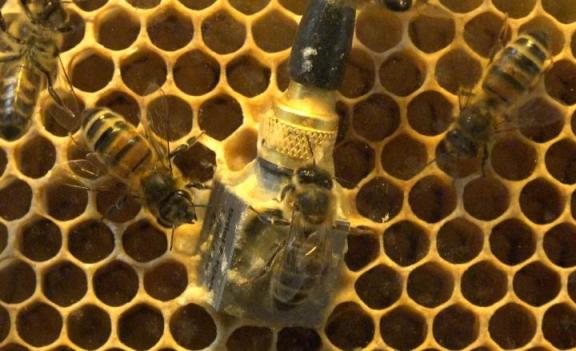
Scientists monitor the health of bee colonies by analyzing the vibrations the insects make within their hives.
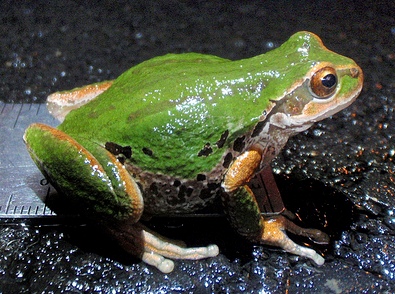
A Science Update listener wants to know the identity of a nightly neighborhood noisemaker.


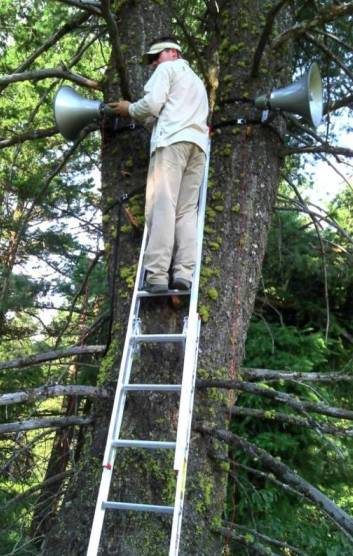


ANCIENT ANATOMY (Encore Presentation) - What dental records from the Mesozoic era can tell us about the lives of dinosaurs. How humans are uniquely adapted to throw baseballs. Also: an automated nature recording system that's monitoring environmental change. And, could vaccinating children protect the elderly as well?

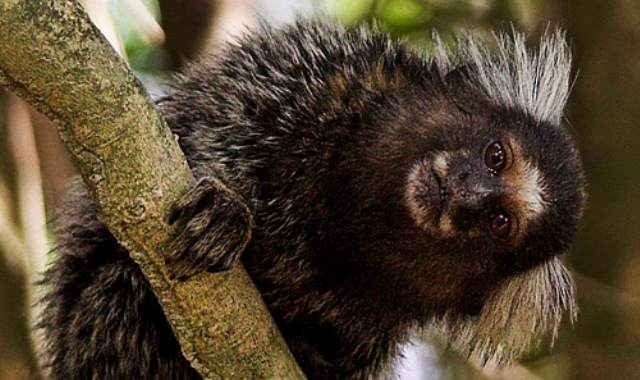
A new study suggests baby marmosets’ calls change as they grow up - questioning more than 50 years of conventional wisdom about primate vocalizations.
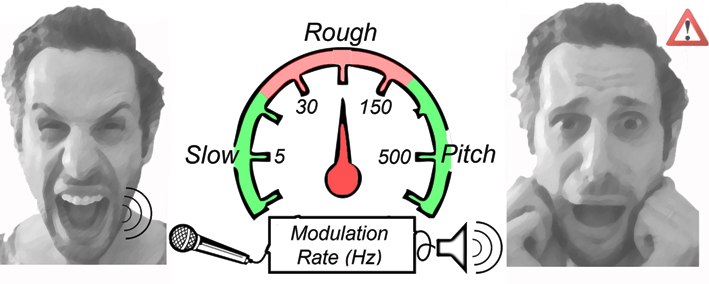

The echo of a pitcher plant helps bats find safety and helps the plant get food.


A newly discovered brain structure in parrots hints at new mechanisms in brain evolution.
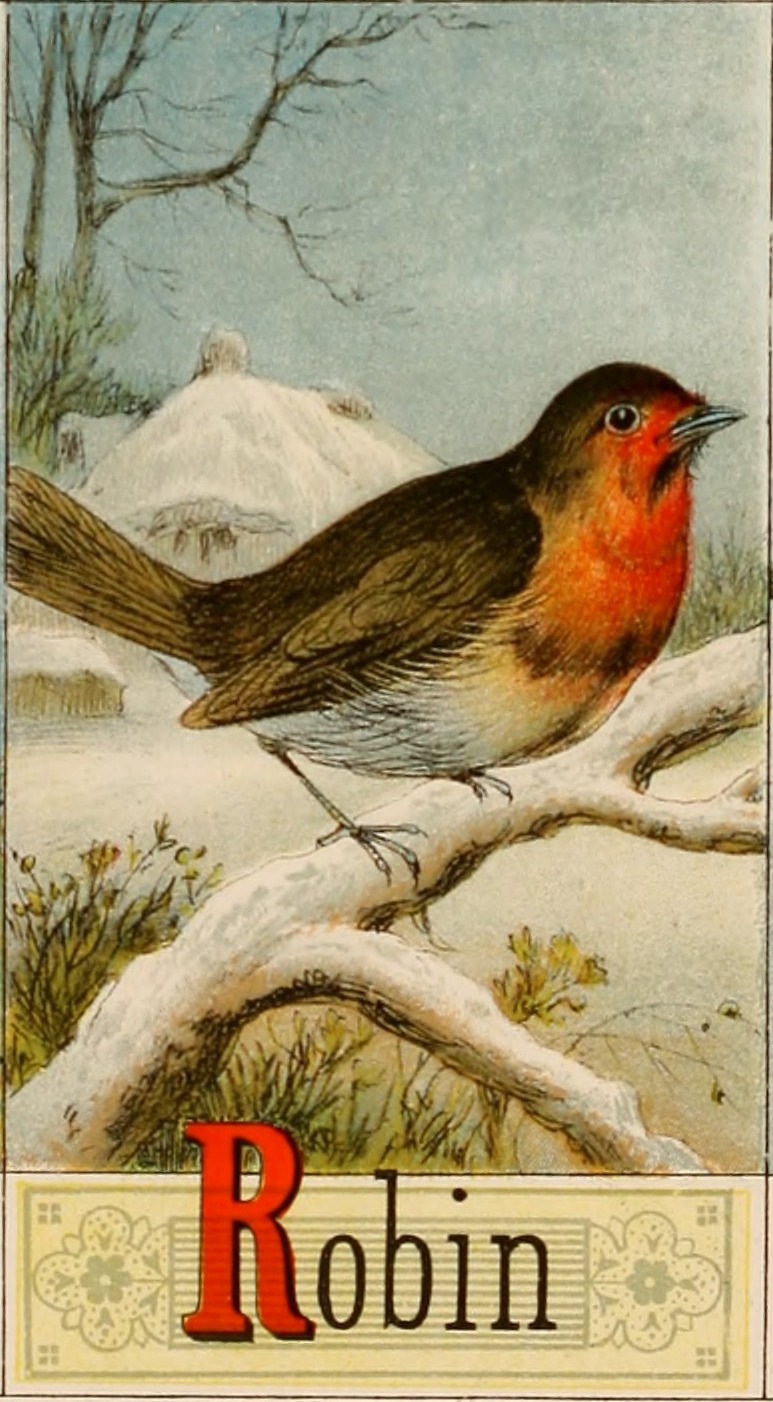
The letter “R” is one of the hardest sounds we learn to pronounce; now scientists think they’ve identified what makes it so tricky.

How did historical leaders once address crowds of thousands, unaided by modern amplification?
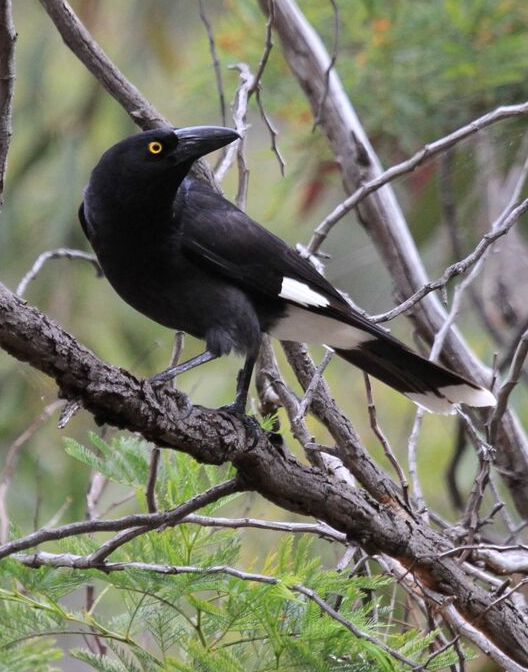

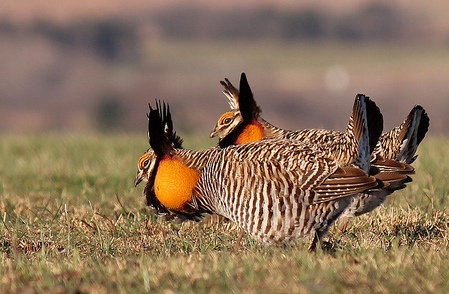
Researchers look into whether the sounds produced by wind farms disturb some imperiled birds.
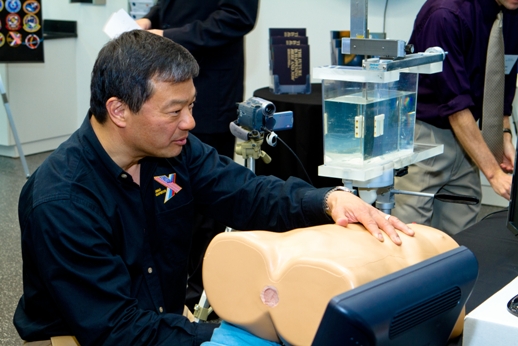
Scientists are re-purposing imaging ultrasound to make kidney stones hop their way out of trouble.

Powerful computer tools are helping musicologists study the evolution of popular music.
